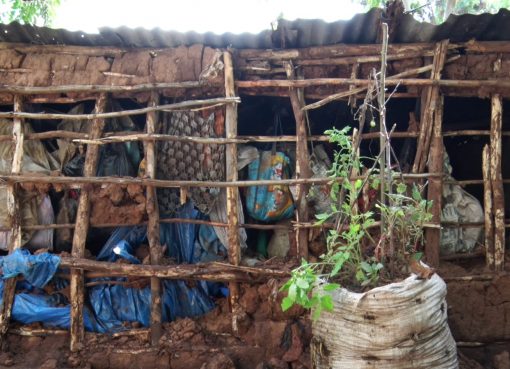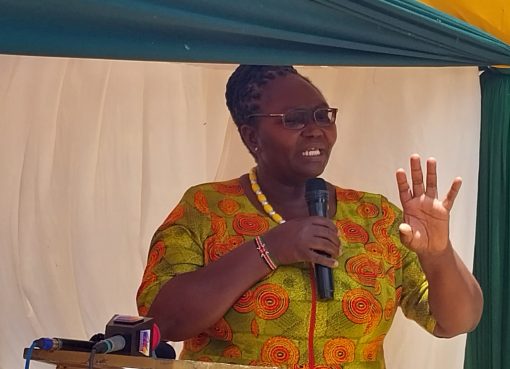The National Traditional Health Practitioners Association (NATHEPA) has warned citizens against seeking treatment from unregistered alternative health practitioners saying some of them were quacks.
Reacting to an incident where three women lost lives in Bungoma County after taking some toxic traditional medicine, the Association’s National Inspector in charge of Efficacy, Safety and Cleanliness of Herbal Clinics, Andrian Muriungi Kamundi appealed to Kenyans to first seek out the credentials of the herbalists before they are attended to.
Kamundi regretted the unfortunate death of three Kenyans from the toxic traditional medicine, but was quick to add that their association had since established that the Bungoma deaths were occasioned by an herbalist from Uganda.
He further advised the families of the victims to liaise with the police to ensure the suspect was apprehended and prosecuted.
“The suspected herbalist should be compelled to give NATHEPA the concoction that he administered to our people leading to the calamity. This will enable us to know what really happened or the reaction that took place,” he said.
Kamundi made the remarks in Isiolo town while mobilizing the local herbalists to register with NATHEPA which he said has a membership of about 6,000 across the country.
He emphasized that all the herbalists who are members of the national association have opened clinics that are fully licensed by the Ministry of Sports, Culture and Arts.
“We also do not register quacks and it is unethical to hawk medicine, you can only promote or advertise your clinic if it is fully licensed,” said Kamundi.
Among other practitioners listed for registration by NATHEPA, includes herbal pharmacists, herbal practitioners, traditional birth attendants and farmers of the medicinal herbs.
He said registering the categories of practitioners in the herbal sub-sector will help in easier identification of their members and their areas of specialization, so as to enhance networking and protection from outside threats.
Kamundi cited lack of government funding and political goodwill as some of the challenges that inhibit the growth of alternative health practice as it is in India and China.
He said the national traditional health practitioner’s bill that has been in the National Assembly since 2014 if it was enacted into law, would enable more research and partnership with Kenya Medical Research Institute (KEMRI) and universities, thus enhancing alternative medicine practice in the country.
By David Nduro




